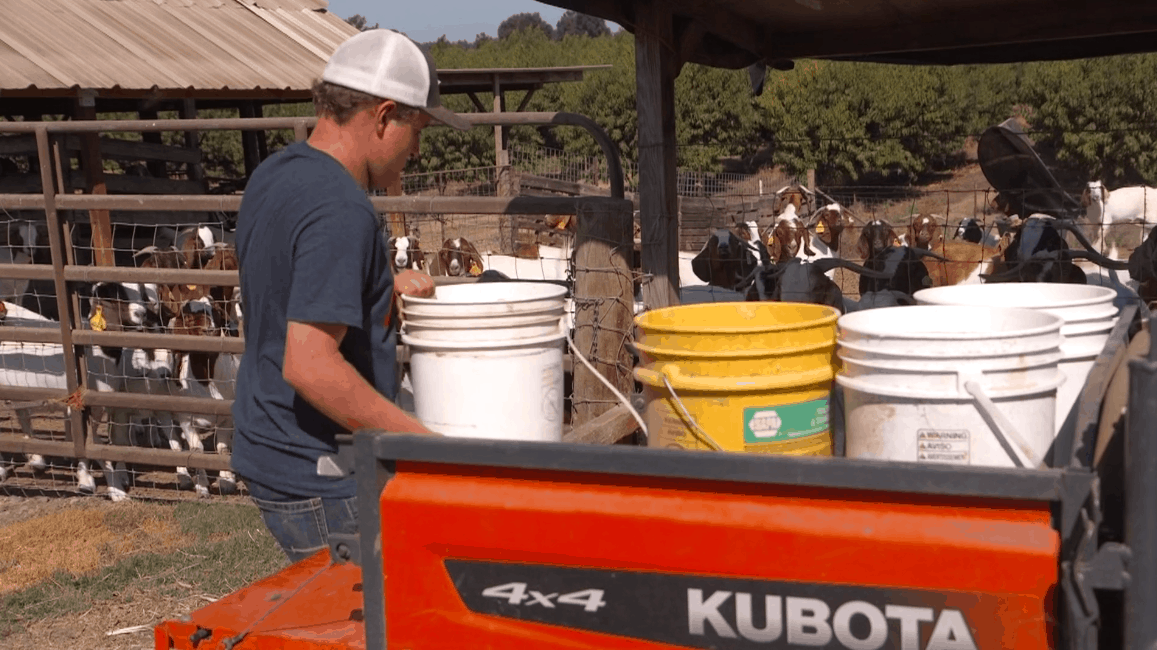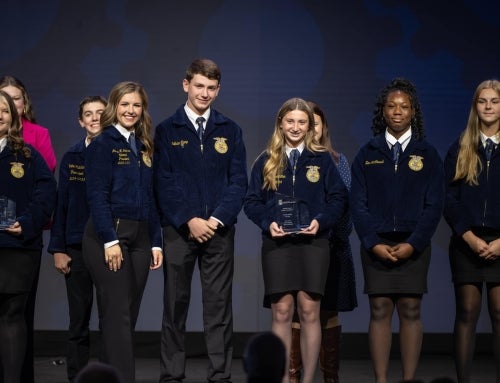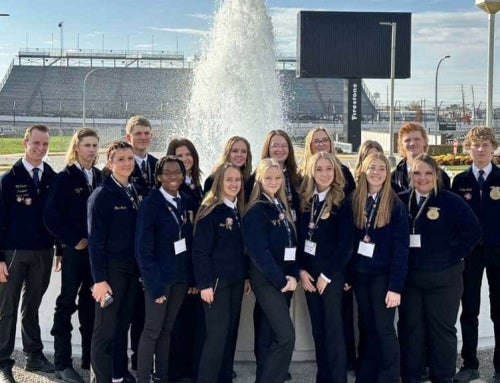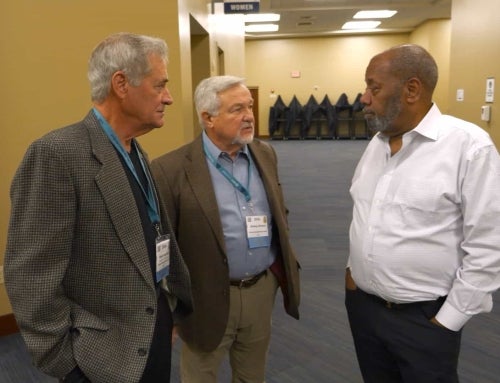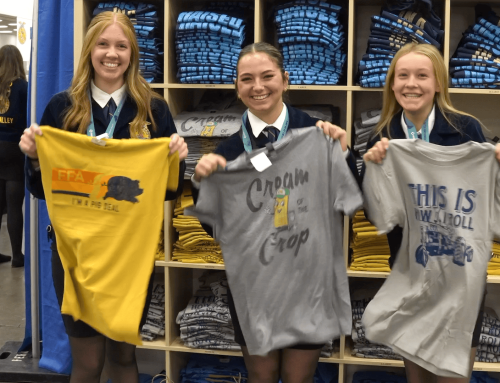Most of America’s farms are located in Midwestern states like Iowa and Kansas, but California is host to its fair share of farmers as well – including Willis Wolf, member of the Merced – El Capitan FFA Chapter.
For the past few years, Wolf has been working on his supervised agricultural experience (SAE) raising both goats and the hay forage to feed them. He said his family is not known for goats, but he wanted to learn how to handle new kinds of livestock.
“The reason why I do it is because the commercial goat industry is … a growing market,” Wolf said. “Each year, it keeps growing and growing. Not enough production of goats is happening. There’s a huge void there, so the demand needs to be met.”
Wolf added that handling goats has been a wild ride. They sell for steady prices every year, but due to their natural rowdiness, goats are anything but predictable.
“You never know [what’s coming],” he said. “They’re jumping on the fence, and it’s like, ‘How the heck did they jump that 5-foot-tall fence?’”
Wolf farms in central California, less than an hour’s drive from cities like Modesto and Fresno. He said the two major ways farming in California differs from the rest of the country are crop diversity and water shortages.
“You’ll be standing next to an almond orchard next to an apple orchard next to corn next to tomatoes,” Wolf said. “During the summer, everything’s irrigated. … There’s a huge competition for water between major cities and farmers.”
As a current student at California State University, Fresno, Wolf said his involvement in FFA has kept him driven to seek new opportunities and spread his agricultural knowledge to a wider audience.
“I was motivated to better myself, get more roles in the agriculture community and spread the word about why farmers do certain things,” he said. “My roommate asked me questions all the time about agriculture. He always hears these things, especially [that] we waste too much water. I said, ‘Do you like to eat?’”
Wolf said his best advice for FFA members wanting to start their own SAE is to always ask for help, just like he did.
“Talk to your ag teachers and let them know you want to do something,” he said. “They’re always willing to help. … They have connections that they could help you set up.”
As Wolf continues to grow his goat farming operation, he said he hopes to one day see his goat meat on a store shelf. In the meantime, he gives his condolences to farmers in humid Midwestern states.
“I visited Oklahoma to do a livestock training camp with a friend of mine,” Wolf said. “It was 80 degrees. I was like, ‘Ah, it’s not that bad.’ Holy smokes, man. I needed to change my shirt!”

